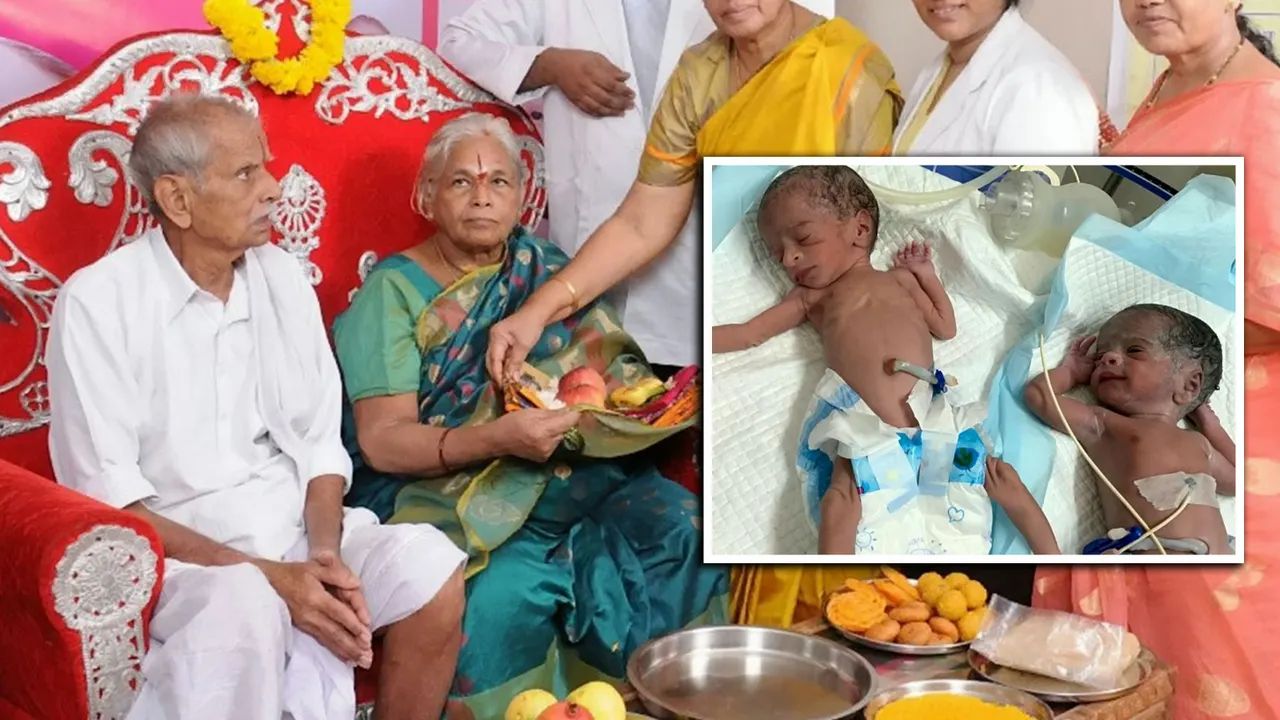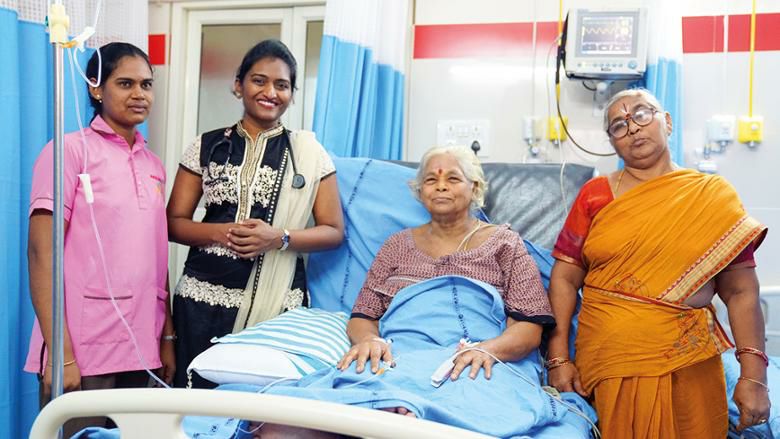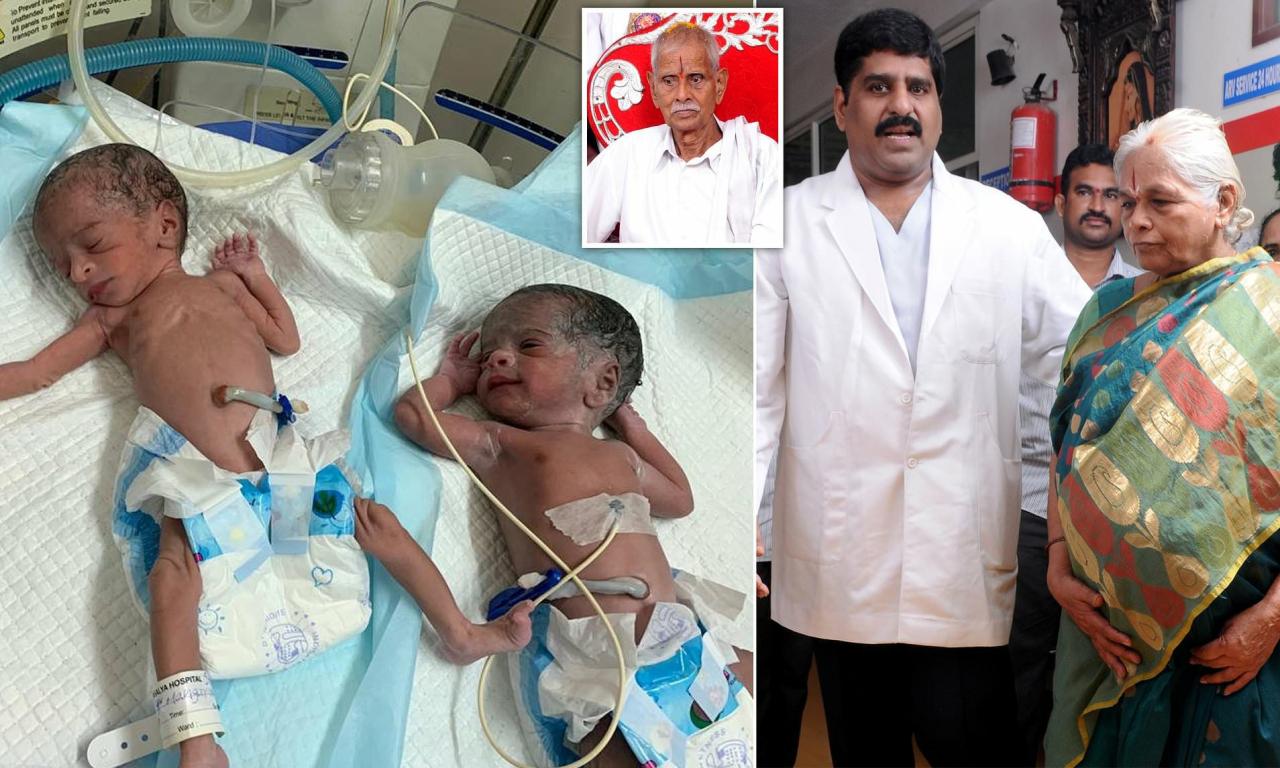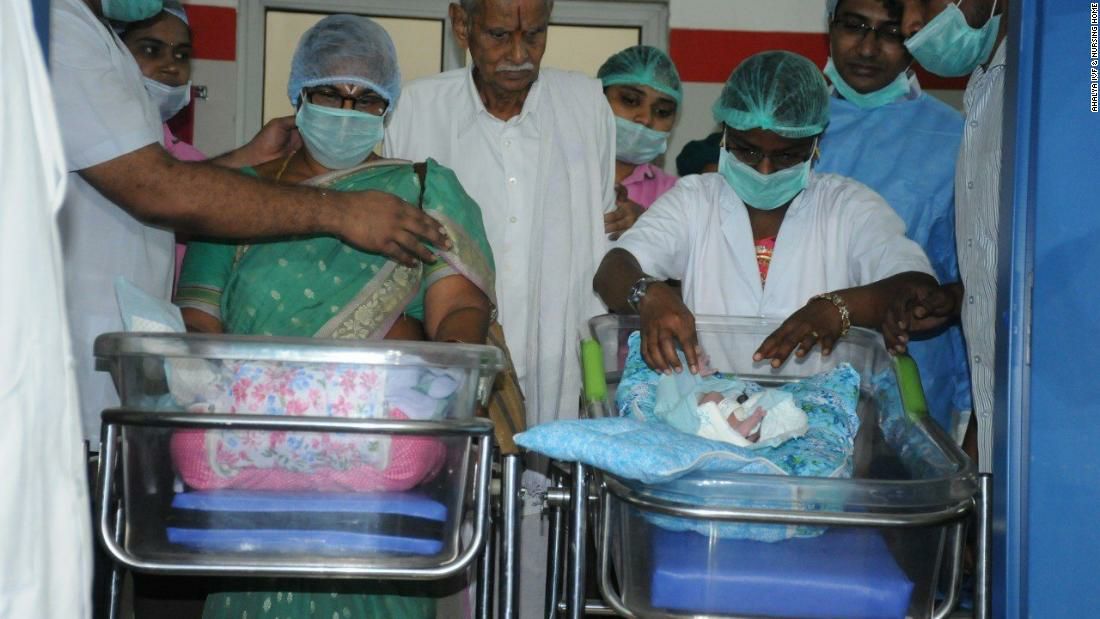In a stunning medical breakthrough, a 74-year-old woman has given birth to twins via artificial insemination. The woman, who is believed to be the world’s oldest mother, delivered healthy baby boys in a hospital in India. This remarkable event has sparked widespread debate and controversy about the ethics of fertility treatments for elderly women.

The mother, who has not been named, underwent in vitro fertilization (IVF) treatment using donor eggs and sperm. According to doctors, she was in good health and had no complications during the pregnancy. The twins were delivered by caesarean section at 30 weeks, weighing just over two kilograms each.

The news of this birth has raised serious questions about the use of fertility treatments for older women. Critics argue that advanced maternal age increases the risks of pregnancy complications, such as high blood pressure, gestational diabetes, and pre-eclampsia. Furthermore, they suggest that it is unfair to the child, who may not have the opportunity to know their mother for as long as they would if she were younger.

On the other hand, supporters of fertility treatments for older women argue that it is a matter of personal choice and that women should have the right to try to have children at any age. They also point out that advances in medical technology have made it possible for women to conceive and carry a child later in life.

Regardless of where one stands on this issue, the birth of these twins by a 74-year-old mother is undeniably remarkable. It represents a major achievement for medical science and raises important questions about the ethics of fertility treatments.
Leave a reply















